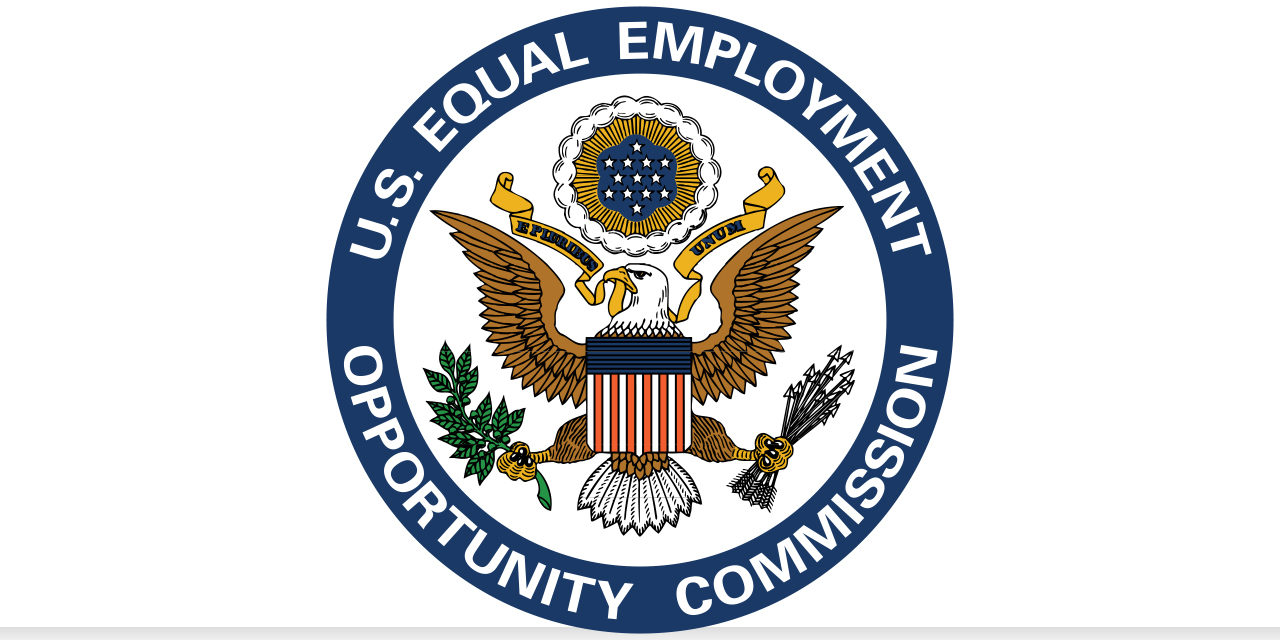One of the members of the U.S. Equal Employment Opportunity Commission (EEOC) has charged the commission’s chairperson, Charlotte Burrows, with some “sleight of hand” in unilaterally issuing a “technical guidance” document that misleadingly warns employers that using the wrong “preferred pronouns” or keeping biological men out of women’s restrooms is somehow a violation of federal law.
The EEOC is a federal agency created by the Civil Rights Act of 1964 and is charged with overseeing the nation’s federal employment discrimination laws. Title VII of the 1964 Act covers employment discrimination based on characteristics like race, sex, religion, disability and several others. The five commissioners of the EEOC are appointed by the president, and the makeup of the commission is supposed to be bipartisan, comprised of Republicans as well as Democrats.
The intended bipartisan nature of the EEOC has taken a decided change of course over the years as liberal majorities on the commission have attempted to push the envelope regarding LGBT issues at the expense of the religious conscience of employers as well as the original intent of Congress.
Even before the Supreme Court decided in Bostock v. Clayton County in 2020 that “sex” in the 1964 Act was broad enough to include sexual orientation and gender identity, the EEOC was advocating interpretations of the law that went far beyond even that startling redefinition of a word that Congress didn’t intend and would have refused to include, if asked at the time.
Nevertheless, Bostock changed the law to a degree, but even the majority opinion by Justice Neil Gorsuch made mention of its limitations, including its inapplicability to things like sex-segregated bathrooms, locker rooms and dress codes. And especially its impact on religious freedom.
“But how these doctrines protecting religious liberty interact with Title VII are questions for future cases too,” Gorsuch wrote.
But Chair Burrows’ recent issuance of a technical assistance document entitled “Protections Against Employment Discrimination Based on Sexual Orientation or Gender Identity” used the anniversary of the Bostock decision to push interpretations of “sex” discrimination that Bostock never contemplated, and another EEOC commissioner, Andrea Lucas, has called her out for doing so.
As reported in National Review’s “Bench Memos” blog, Commissioner Lucas criticized both the unilateral nature of Burrows’ issuance of the document, as well as its substance.
“I am disappointed that today, Chair Burrows unilaterally issued a ‘technical assistance’ document addressing the Supreme Court’s decision in Bostock v. Clayton County and related issues, instead of working with the full Commission to issue guidance approved by a majority vote of the Commission on such issues post-Bostock. . . ,” Lucas wrote.
“The Supreme Court in Bostock addressed only the question of whether an employer who fires an individual for being homosexual or transgender has discriminated against that individual ‘because of such individual’s sex. . . .’
“However, under the guise and cover of Bostock, the Chair purports to extend to private employers several (pre-Bostock) federal sector administrative decisions relating to dress codes, use of pronouns, and access to bathrooms, locker rooms, and showers—implying that compliance with Bostock requires nationwide acquiescence to the policies and interpretations in these decisions. This sleight of hand is inexplicable when juxtaposed with the Court’s decision in Bostock, including its express statements that its decision did not concern, much less resolve, some of these critical issues. . . .
“Old decisions issued in cases solely involving federal government employee complaints and other pre-Bostock actions do not bind the Commission’s hands. The Commission is free to change its posture and adopt different positions, or on the other hand, reach the same prior conclusions based on the rationales approved by the Bostock Court. Either way, the full Commission has not yet been given the opportunity to do so.”
Some of what Commissioner Lucas is referring to are previous attempts to stretch federal employment law by the EEOC when led by former Commissioner Chai Feldblum, who was notable for her public statements favoring sexual liberty over religious liberty.
Those policies and legal positions of the EEOC taken years ago have now made their way into Chair Burrows’ technical assistance document. Yet because of the document’s heavy emphasis on Bostock, it strongly suggests to employers that the Supreme Court now supports the notion that keeping biological men out of women’s bathrooms or using the wrong pronouns can be violations of Title VII, and can result in liability and damage awards assessed against employers by courts.
The Supreme Court has never supported those positions.
It’s easy to see why Commissioner Lucas has stepped up and voiced her objection to Burrows’ action. The EEOC is not supposed to be making new law, nor is it supposed to mislead employers about what the law currently is.
Last, but certainly not least, the EEOC is supposed to be a bipartisan institution that merely enforces the laws that Congress has passed. It has no business pushing partisan legal interpretations of federal law, especially when they tread on the religious conscience of employers.
Photo from eeoc.gov






